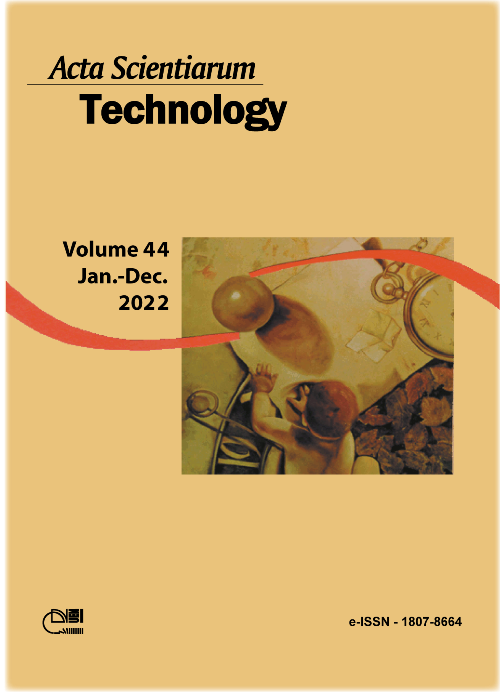Trend change estimation for interrupted time series with heteroscedastic and autocorrelated errors: application in syphilis occurrences in Brazil
DOI:
https://doi.org/10.4025/actascitechnol.v44i1.59513Keywords:
heteroscedasticity; intervention time series analysis; linear regression segmented model; nonconstant variance; serial correlation.Abstract
The impact evaluation of exogenous policies over time is of great importance in several areas. Unfortunately, an adequate time-series analysis has not always been taken into account in the literature, mainly in health problems. When regression models are used in the known interrupted time-series approach, the required error assumptions are in general neglected. Specifically, usual linear segmented regression (lmseg) models are not adequate when the errors have nonconstant variance and serial correlation. To instigate the correct use of intervention analysis, we present a simple approach extending a linear model with log-linear variance (lmvar) to estimate linear trend changes under heteroscedastic errors (lmsegvar). When the errors are autocorrelated, the Cochrane-Orcutt (CO) modification is implemented to correct the estimated parameters. As an application, we estimate the impact in temporal trend of the Brazilian Rede Mãe Paranaense (RMP) program in gestational syphilis occurrences in the state of Parana, Brazil. The comparison of the proposed linear segmented model (lmsegvar+CO) modeling both the average and variance, with the usual segmented linear model (lmseg), where just the average is modeled, shows the importance of taking heteroscedasticity and autocorrelation into account.
Downloads
References
Downloads
Published
How to Cite
Issue
Section
License
DECLARATION OF ORIGINALITY AND COPYRIGHTS
I Declare that current article is original and has not been submitted for publication, in part or in whole, to any other national or international journal.
The copyrights belong exclusively to the authors. Published content is licensed under Creative Commons Attribution 4.0 (CC BY 4.0) guidelines, which allows sharing (copy and distribution of the material in any medium or format) and adaptation (remix, transform, and build upon the material) for any purpose, even commercially, under the terms of attribution.
Read this link for further information on how to use CC BY 4.0 properly.















8.png)




